Perhaps no greater crisis in the last decade has turned the global travel industry upside down than the COVID-19 pandemic. Destinations relying heavily on tourism incurred deep losses as flights and hotel bookings disappeared. More painful is the loss of income for workers who rely on the aviation, cruise, and transportation industries for their livelihood.
Yet against the odds, travel is slowly bouncing back. In Singapore, sightseeing flights and cruises to nowhere have been snapped up by customers who badly want the change of scenery — even if it means merely circling the airspace over a city or sailing out in the open sea with no end destination in sight.
In Pattaya, Thailand, a retired commercial plane was transformed into a café called Coffee War, catering to those who would like to experience an in-flight meal. Taking the love for high altitude one step further, Taiwanese carrier Eva Air launched speed dating flights for singles who miss travel and are open to meeting new people.
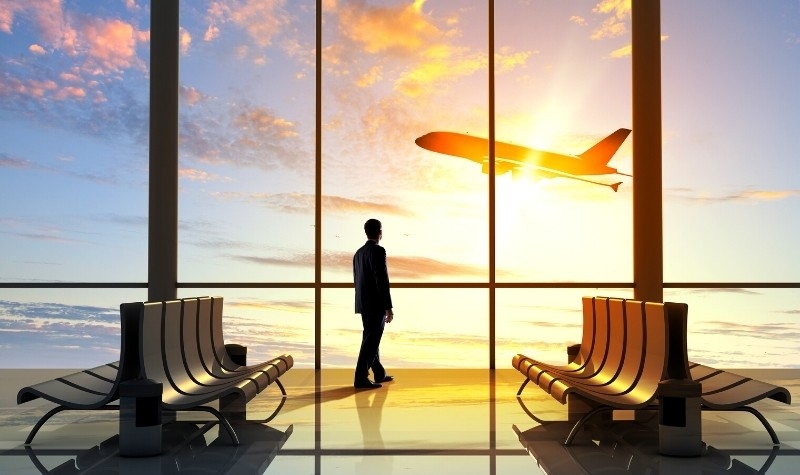
Revenge travel offers a way to make up for lost time and compensate for cancelled trips.
Evidently, there is still a lingering enthusiasm for travelling. The pandemic has gone on for so long, and people have been cooped up in their homes for months on end, that the outbreak hasn’t dampened the passion for travel but only deepened the hunger over time.
Some officials and tourism experts are calling this phenomenon “revenge travel,” framing the sudden bout of interest in travel as an act of defiance.
What is revenge travel? Is it happening right now?
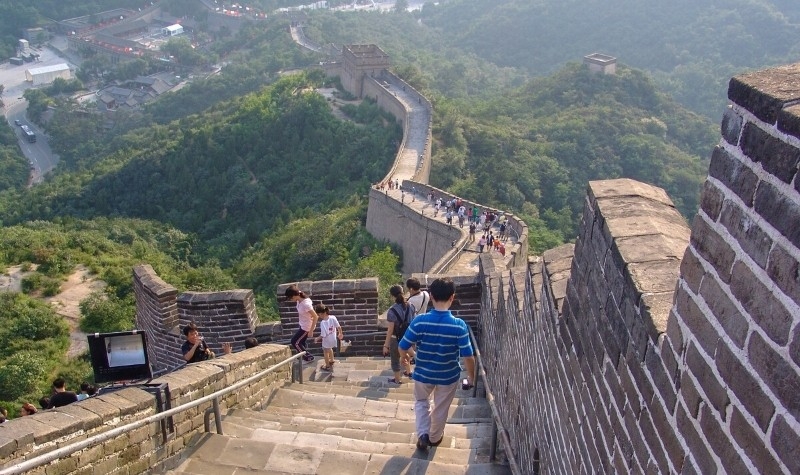
In 2020, approximately 550 million Chinese travellers were expected to travel domestically during the eight-day holiday known as Golden Week.
Revenge travel is not a new phenomenon. Nikkei Asia calls revenge travel “a riff on the 1980s concept of revenge spending,” traced back to the spending boom that emerged in China at the end of the Cultural Revolution in 1976. As the country emerged from an economic recession, Chinese shoppers splurged on high-end products, and the sales for luxury brands skyrocketed.
Interestingly, this consumer behaviour resurfaced again during the pandemic in 2020. Some of the biggest luxury brands in fashion — Hermès, Louis Vuitton, Prada, and Gucci, just to name a few — saw a similar spike in sales when their stores reopened to Chinese shoppers, fresh out of lockdown. “A luxury brand store in Guangzhou racked up $2.7 million in sales in one day,” according to Nikkei Asia.
Using the same motivation to “treat yourself,” revenge travel offers a way to make up for lost time and compensate for cancelled trips.
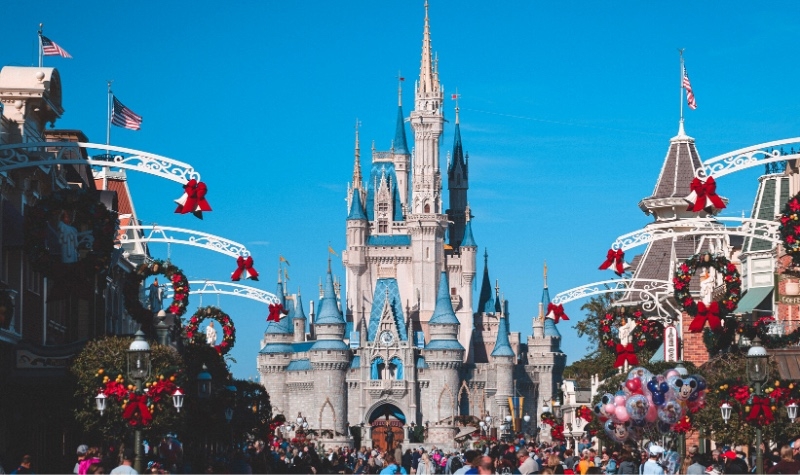
Walt Disney Resort is offering luxury stays at Four Seasons Resort Orlando as “revenge vacation” in 2021.
Consider the resurgence of travel that’s happening in China, for example. During the eight-day public holiday known as Golden Week, around 550 million Chinese citizens were estimated to travel domestically from 1 Oct 2020 after the lockdown was lifted.
Likewise, in the Philippines, tourism officials are counting on the “revenge travel” plans of overseas tourists to jumpstart travel in the second half of 2021, according to local newspaper BusinessMirror.
All the way in Florida, the Walt Disney World Resort is also running with the trend by urging travellers to take a “revenge vacation” in 2021. Cashing in on a relaxing getaway at Four Seasons Resort Orlando, it’s implied, could be your way of getting back at COVID-19 and stick it to 2020 for being such a terrible year.

Revenge travel taps into what people crave most during a crisis: a return to normalcy.
“When you look at what happens to tourism after a crisis, you always see a strong rebound,” Dr. Pierre Benckendorff, an associate professor in tourism from Australia’s University of Queensland, told The Straits Times. “There will be considerable unmet demand for travel while people are locked down and once they are able to travel again, we will see a surge in travel.”
Phrased ominously, “revenge travel” might have a defiant ring to it — but its core belief is rooted in optimism. After all, it assumes that even a long-lasting, contagious virus hasn’t extinguished the traveller’s impulse to set off and go.
Just like the urge to impulse-buy during a crisis, revenge travel taps into what people crave most: a return to normalcy.
Distance makes the heart grow fonder
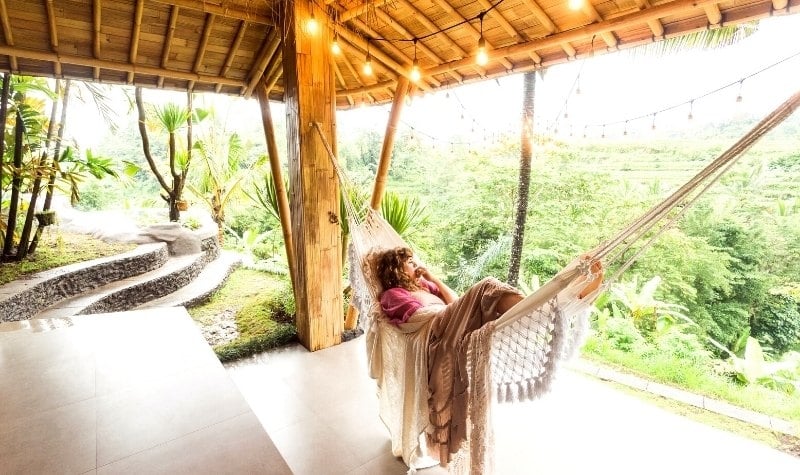
As the pandemic carries over to the next year, the heightened appreciation for travel has only grown with time.
Prolonged cabin fever has stoked the nostalgia for long-lost pleasures as the pandemic rages on, allowing people to imagine what the future of travel might look like once borders reopen. Knowing how quickly plans can fall apart, as they did when the coronavirus broke out in 2020, has only made travellers more ambitious to explore the world.
In a survey conducted by Booking.com, 65% of travellers have reported their excitement to travel again, while 61% stated that the lockdown periods have made them more appreciative of travel as a whole.
In 2020, the Department of Tourism (DOT) in the Philippines launched a video campaign that invited travellers to dream of future journeys together. Appealing to the concept of “distance making the heart grow fonder,” the #WakeUpInThePhilippines campaign used footage from different regions of the archipelago to showcase the beauty of the Philippines. The message of the video is that we still have so many adventures to look forward to when the pandemic ends.
Perhaps it’s this heightened appreciation for the value of travel, coupled with an awareness of the privileges that were lost to the pandemic, that has travel industry insiders feeling hopeful about revenge travel’s ability to turn things around for tourism.
Revenge travel supposes that tourism will come back, but the timeline is difficult to predict

Different timelines for vaccine distribution around the world make travel’s rebound to pre-pandemic levels difficult to predict.
For Singapore, Israel, the United Arab Emirates (UAE), and other countries that plan to roll out vaccines to a higher proportion of their populations in the following months, there is light at the end of the tunnel. But for developing countries who have yet to gain access to vaccines, the delayed distribution can be a cause for concern.
Aside from rising COVID-19 cases worldwide, potential travellers are also staring down possible job insecurity and unemployment, exacerbated by health risks and financial consequences of being exposed to COVID-19. It also pushes back the timeline for international travel’s eventual return much further.
Also read: Singapore Airlines Delivers First Batch of COVID-19 Vaccines to Singapore
Travel’s return was never in doubt — it’s the timeline that remains uncertain. With a rapidly spreading variant to consider, it might take longer than expected for international travel to take off fully.
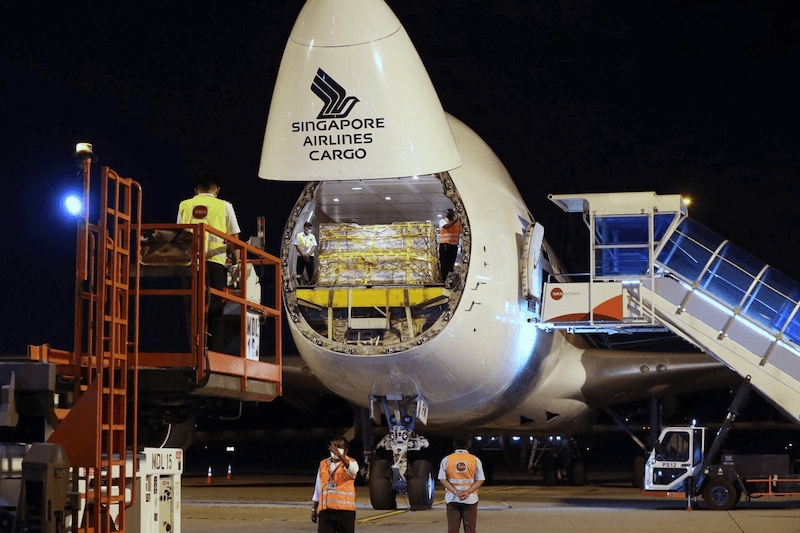
Revenge travel believes that tourism will come back with a vengeance, but rising COVID-19 cases tell a different story. | Image credit: Ministry of Communications and Information
All signs point to travel being concentrated locally in the meantime, with a preference for rural and remote destinations that allow for social distancing. Contactless technology and safety measures can go a long way in inspiring confidence among consumers in the new normal.
Furthermore, personal testimonies from travellers who can share their travel experiences — ranging from swab testing procedures to repatriation flights to what it’s like to visit Coron in a travel bubble package — can address certain flight-related anxieties, and offer reassurance to would-be travellers who might also want to travel safely while supporting their local tourism industry.
Will travel return with a vengeance?
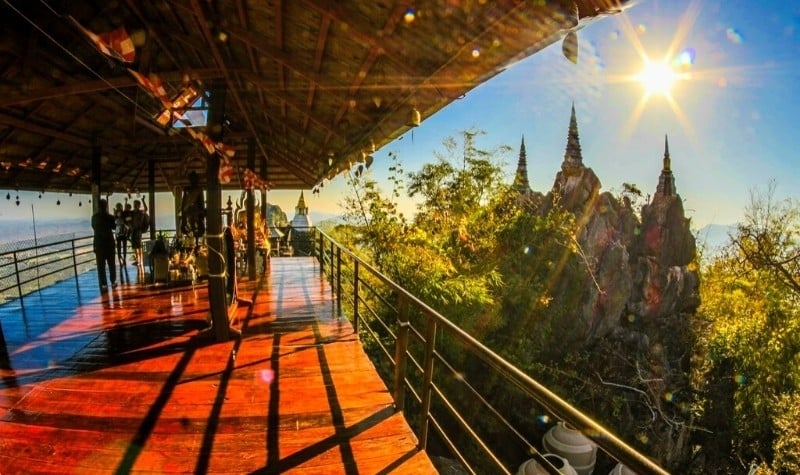
In Southeast Asia, Thailand sets an example in reopening borders to tourists around the world.
Already, there are some glimmers of hope. In South Korea, for example, a research study by the Incheon International Airport Corporation (IIAC) revealed that around seven out of 10 South Koreans plan to take an international trip after a COVID-19 vaccine is available.
In North America, the appetite for cruises and epic destination-centric trips remains strong, with Cruise company Carnival asserting that the advanced bookings for 2022 have surpassed the number of bookings filed in 2019.
Thailand, of course, is leading the region of Southeast Asia in reopening borders to leisure tourists around the world, balancing the influx of foreign arrivals with the necessary testing protocols to keep people safe.
And in Singapore, locals are gradually rediscovering their city through SingapoRediscovers vouchers, as hotels and airports get creative with their promotions; a notable example being the indoor Glampcation package at Jewel Changi Airport.
Also read: Amid the COVID-19 Pandemic, We Still Believe in Travel
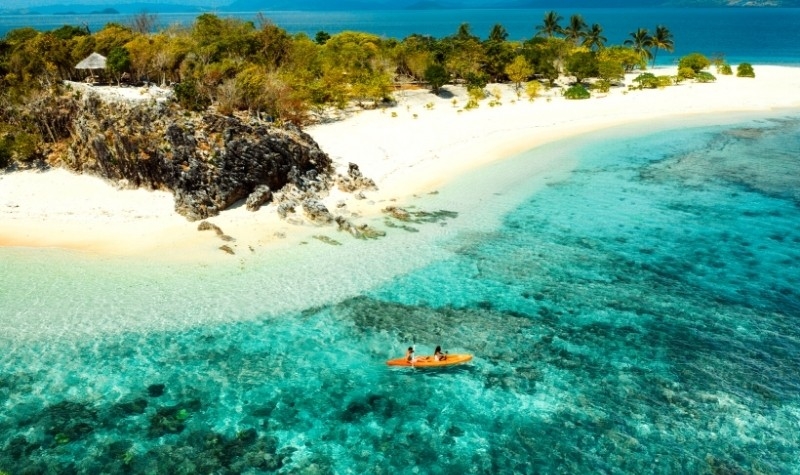
According to the International Air Transport Association (IATA), the global tourism industry won’t return to pre-pandemic levels until 2024.
All of this is to say that travel is still an important part of people’s lives. There is no doubt that many people still believe in travel amid COVID-19. What is less clear perhaps, is when exactly international travel can be expected to resume, or how much of a difference revenge travel will make, as more countries move to implement stricter protocols and tighten border restrictions to curb the spread of the new mutation.
Will revenge travel be the solution the tourism industry is hoping for? According to the International Air Transport Association (IATA), the global tourism industry won’t have a full recovery to pre-pandemic levels until 2024. Whether this will be a case of too little, too late for those who are counting on tourism for their livelihood remains to be seen.





